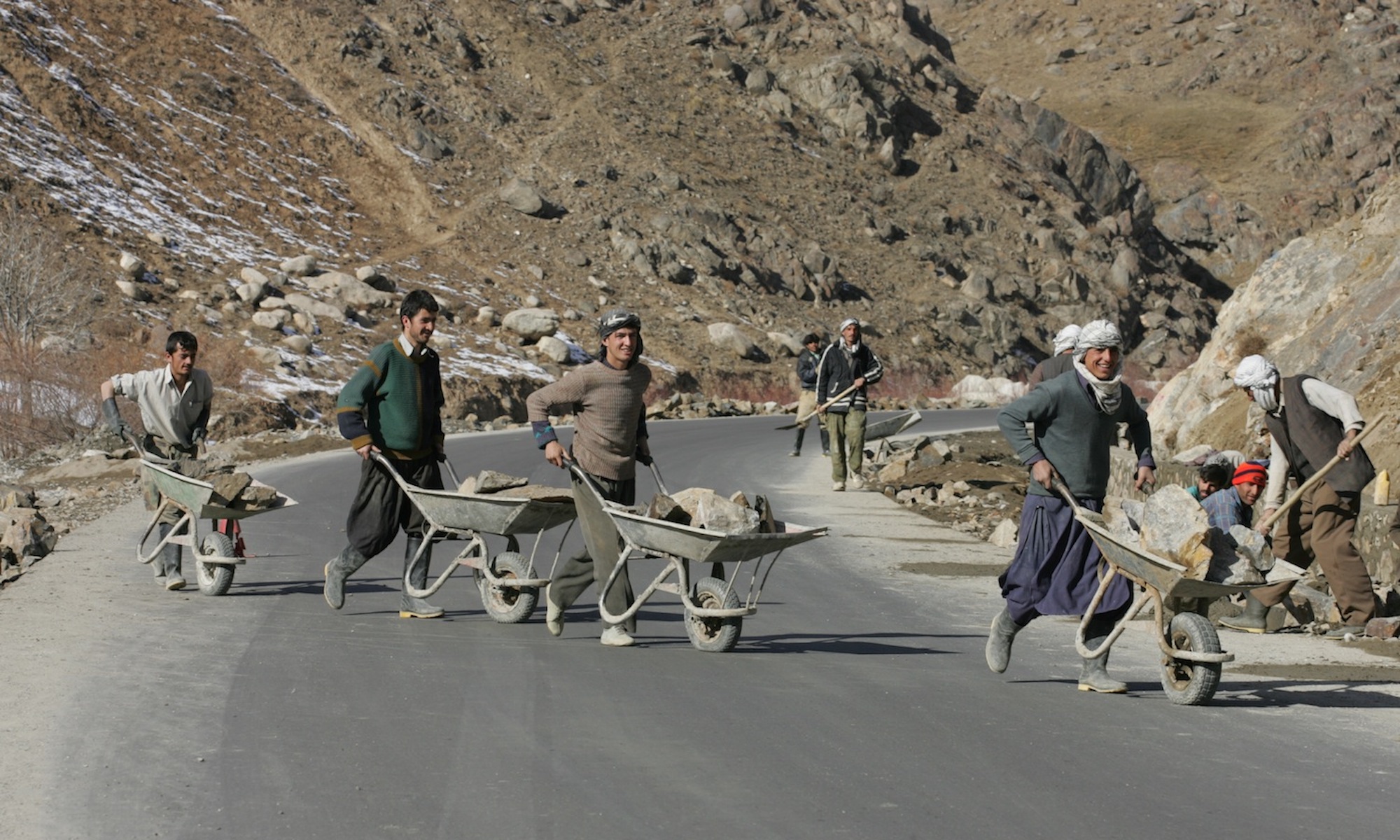What explains electoral stability and change in competitive authoritarian regimes? This article addresses the question by comparing eleven elections that took place between 1998 and 2008 in competitive authoritarian regimes countries located in the postcommunist region. Using interviews conducted with participants in all of these elections and other types of data and constructing a research design that allowed the authors to match these two sets of elections on a number of important dimensions, they assess two groups of hypotheses;those that highlight institutional, structural, and historical aspects of regime and opposition strength on the eve of these elections and others that highlight characteristics of the elections themselves. The authors conclude that the key difference was whether the opposition adopted a tool kit of novel and sophisticated electoral strategies that made them more popular and effective challengers to the regime.

INSCT Postconflict Research Database
The Institute for National Security and Counterterrorism's Postconflict Research Database & Analysis Project stores cross-indexed bibliographic information on hundreds of journal articles, books, book chapters, and case reports that address the broad, interdisciplinary fields of postconflict reconstruction, stabilization, and peacebuilding.
47 Replies to “Defeating Dictators: Electoral Change and Stability in Competitive Authoritarian Regimes”
Comments are closed.